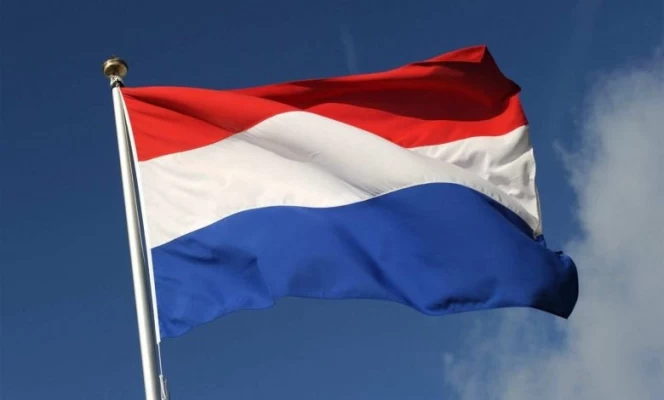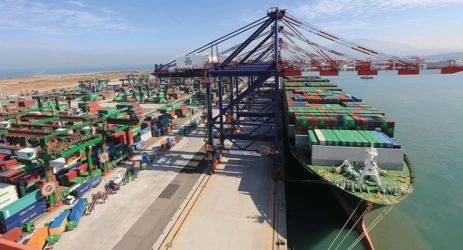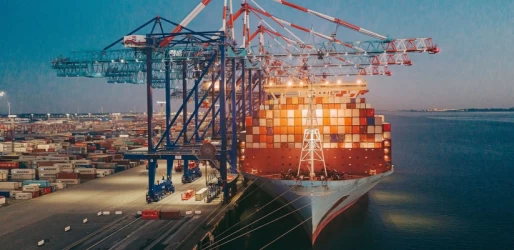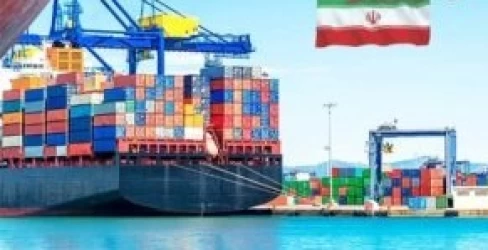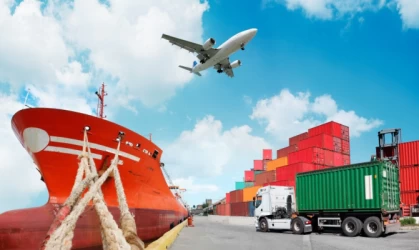Guide to Trade with the Netherlands, Maritime Transport
The Netherlands, recognized as one of Europe’s major trading hubs, plays a pivotal role in global commerce. With its advanced maritime infrastructure, major ports, and business-friendly policies, the Netherlands stands as a highly attractive destination for international trade. Key ports such as the Port of Rotterdam, Europe’s largest, play a crucial role in facilitating the transport of goods by sea.
Understanding the Dutch Market
The Dutch market is one of the most diversified in Europe, encompassing sectors such as agriculture, technology, chemicals, industrial manufacturing, and financial services. Success in trading with the Netherlands requires knowledge of local trade regulations, import standards, and consumer demands. The Netherlands, with its open and stable economy, offers favorable conditions for international businesses to thrive.
Maritime Transport to the Netherlands
Due to its extensive transportation infrastructure and access to the North Sea, the Netherlands has emerged as a leading center for maritime transport in Europe. The country is connected to the world through major ports like Rotterdam and Amsterdam.
Port of Rotterdam: As the largest and busiest port in Europe, the Port of Rotterdam serves as the primary hub for container shipping and logistics across the continent. Thanks to its modern infrastructure, international connections, and efficient management systems, it is a favored port among traders worldwide.
Port of Amsterdam: Another major Dutch port, the Port of Amsterdam, acts as a global trade hub. With its strategic location in northwestern Europe and access to key European markets, this port is vital for facilitating trade.
Customs Regulations and Required Documentation
To trade with the Netherlands and import goods via sea, understanding Dutch customs regulations is essential. As a member of the European Union (EU), the Netherlands adheres to the EU Customs Code. Important documents for customs clearance include a commercial invoice, packing list, customs declaration, and relevant certificates for specific goods. The customs process in the Netherlands is generally efficient, ensuring smooth and quick clearance for goods.
Costs of Maritime Shipping
Maritime shipping costs to the Netherlands vary based on the type of goods, shipment volume, and the distance from the country of origin. Using reputable shipping companies and comparing rates from different providers can help reduce transportation expenses. Additionally, securing cargo insurance is recommended to protect goods from potential risks during maritime transport.
Trade Opportunities with the Netherlands
Thanks to its strong infrastructure and access to large European markets, the Netherlands offers numerous trade opportunities. The country is particularly prominent in sectors like agriculture, food products, renewable energy, and innovative technologies. As one of the world’s top exporters of agricultural products, the Netherlands is an ideal destination for both imports and exports in this sector.
Conclusion
Trading with the Netherlands provides businesses with an opportunity to expand and access the European market. Leveraging the country’s advanced maritime transport infrastructure and adhering to customs regulations can enhance the chances of success. Major Dutch ports, particularly Rotterdam and Amsterdam, play a crucial role in facilitating the import and export of goods.
If you have any specific questions or need further details, feel free to ask!

